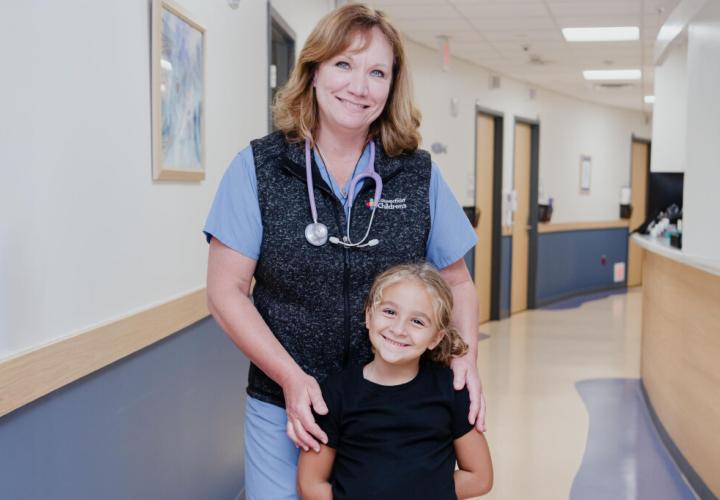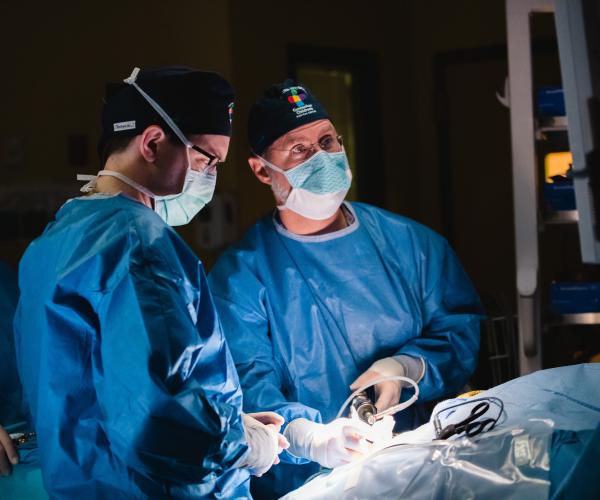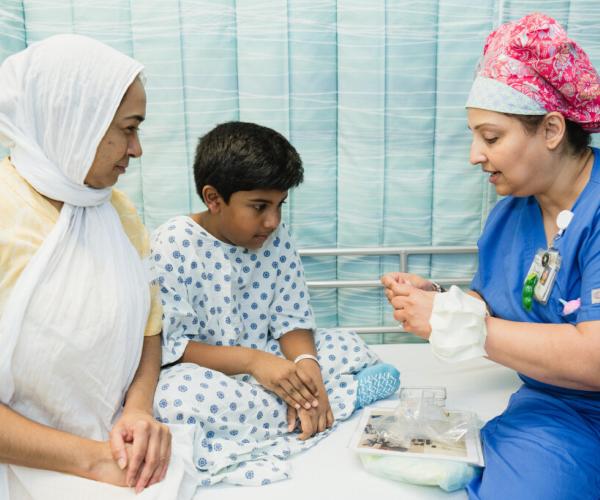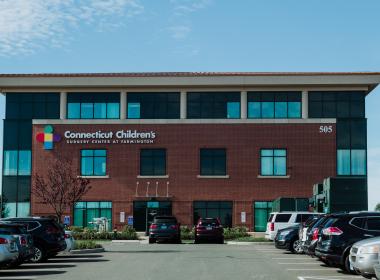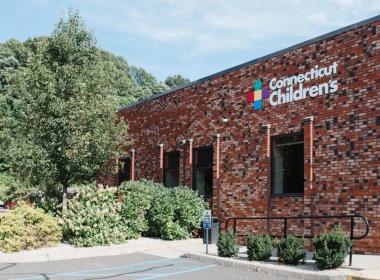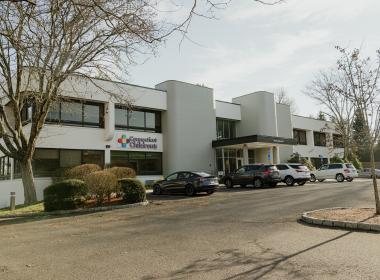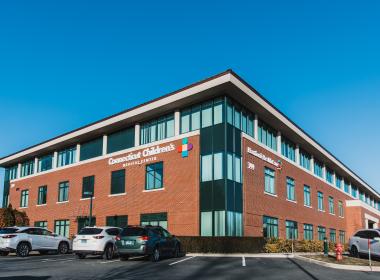More Than Surgery – We’re Here for the Everyday Concerns Too
At Connecticut Children’s, our board-certified pediatric surgeons provide exceptional care for children of all ages — from complex procedures to the common conditions that still cause big worries for families.
Whether your child is dealing with an ingrown toenail, a skin lump, a hernia, or another issue that needs attention, our team is here to help. We offer pediatric surgical care that is safe, child-focused, and rooted in the latest research and minimally invasive techniques — so children heal faster, with less pain and downtime.
From routine outpatient procedures to advanced fetal surgeries, our experts deliver compassionate, comprehensive care tailored to each child’s needs.
Trusted Pediatric Surgical Care for Children, Infants, and Teens
Connecticut Children’s offers a full spectrum of pediatric surgical services for infants, children, and adolescents. Our team uses advanced diagnostic tools and surgical techniques — including robotic, laparoscopic, and endoscopic surgery — to treat everything from everyday skin concerns to complex conditions requiring specialized intervention.
We also work closely with families to make every experience as smooth and supportive as possible — from consultation through recovery.
Conditions We Treat – From Minor Procedures to Major Surgeries
Our surgeons care for a wide range of pediatric conditions, including:
- Ingrown toenails
- Lumps, bumps, and cysts
- Hernias (inguinal, umbilical, & more)
- Pilonidal abscesses
- Chest wall deformities
- Pediatric Gynecology (labial adhesions, straddle injuries)
- Appendicitis
- Burns and traumatic injuries
- Newborn circumcisions
- And many more
👉 Click here to view a list of some of the pediatric conditions we treat.
Why Families Choose Connecticut Children's Pediatric Surgery
Families across the region trust Connecticut Children’s for surgical care because of our proven commitment to safety, quality, and child-focused excellence.
We are proud to be:
- A certified Level 1 Pediatric Trauma Center, equipped to respond to the most critical emergencies with rapid, expert care.
- A Level 1 Children’s Surgery Center, as verified by the American College of Surgeons Children’s Surgery Verification Quality Improvement Program — a national recognition of the highest standards in pediatric surgical quality, safety, and coordination of care.
These designations reflect our dedication to delivering exceptional outcomes while ensuring that every child and family feels supported, informed, and at ease.
Our pediatric surgery team includes nationally recognized surgeons who collaborate with specialists across Connecticut Children’s to provide truly comprehensive, multidisciplinary care — all in facilities designed just for kids.
